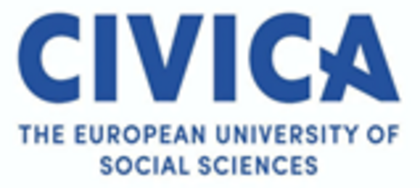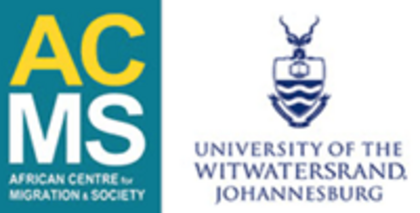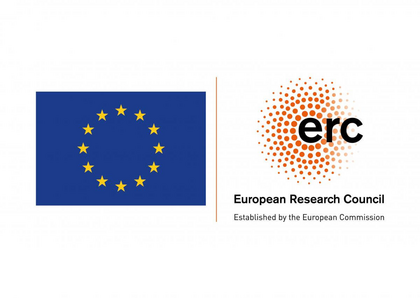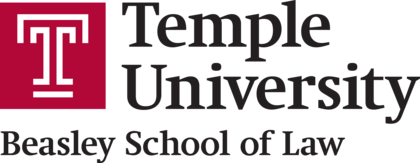This workshop is hosted by the Centre for Fundamental Rights at the Hertie School, the European University Institute, Temple University, and the African Centre for Migration and Society at the University of Witwatersrand, in association with the RefMig* project.
Global migration law includes a disparate body of international law, reflecting contingent and contested conceptions of state sovereignty over mobility and migration (AJIL Unbound, Symposium Framing Global Migration Law, 2017). Postcolonial approaches and critiques are plentiful in other fields of international law (Anghie 2005, Pahuja 2011, Bhandar 2018), offering insights into the colonial continuities of contemporary international law. Leading TWAIL scholars have examined international human rights (Mutua 2005) and refugee law (Chimni 1998). More recent scholarship has criticised migration controls in the Global North in light of their role in perpetuating ongoing colonial domination (Achiume 2019, El-Enany 2020). Other scholars have deepened our understanding of the links between decolonisation, bordering and displacement (Shahabuddin 2019, Jain 2020). However, given the deep imbrication of colonialism, migration, mobility, slavery, indentured servitude and nationality, the body of scholarship on ‘decolonising global migration law’ is surprisingly nascent. Much scholarship on human rights and migration focuses on European regional protections, with some notable exceptions (Dembour 2015, Kapur 2005), and does not examine the limits and potential of human rights protections in the Global South and their implications for migrants as humans.
The aim of this workshop is to bring together a global group of legal scholars at diverse career stages to explore postcolonial approaches to global migration law. We welcome papers examining any post- or decolonial approach to these legal fields and related migration control practices, reflecting for example on:
How does global migration law shape particular conceptions of statehood, sovereignty and nationality, and what do postcolonial approaches reveal about these forms? How do colonial legacies shape North-South and South-South exclusionary practices on migration, and the related construction of insiders/outsiders? What are the colonial legacies in contemporary racialised and gendered exclusion from and distribution of migration and mobility opportunities in global migration law? How does the legal construction of refugeehood reflect colonial continuities and ruptures? How do colonial continuities shape transnational criminal law’s approach to migration and mobility? What is the role of international economic law in the distribution of migration opportunities and in structuring exploitative continuities in labour migration? What roles do international organisations, international courts and human rights bodies, as well as domestic courts and human rights institutions, play in entrenching colonial approaches or decolonising global migration law?
Please note the deadline for submitting an abstract has passed. This workshop is a closed workshop.
Members of organising committee:
- Prof. Tendayi Achiume, UCLA Law School and UN Special Rapporteur on Racism, Racial Discrimination, Xenophobia and Related Intolerance
- Prof. Diego Acosta, University of Bristol
- Prof. Tobias Berger, Freie Universität Berlin
- Prof. Cathryn Costello, Hertie School Centre for Fundamental Rights and Oxford Refugee Studies Centre
- Dr. Nadine El-Enany, Centre for Research on Race and Law, Birkbeck College University of London
- Prof. Neha Jain, European University Institute
- Prof. Loren Landau, Oxford University and African Centre for Migration and Society at the University of Witwatersrand
- Prof. Jaya Ramji-Nogales, Temple University
- Prof. Mohammad (Shahab) Shahabuddin, University of Birmingham
- Dr. Ashwini Vasanthakumar, Queen’s Law School and Hertie School Centre for Fundamental Rights
- Vera Wriedt, PhD researcher, Hertie School, Centre for Fundamental Rights
*The RefMig project has received funding from the European Research Council (ERC) under the European Union’s Horizon 2020 research and innovation programme (grant agreement No 716968).







